More than 10 Chinese brands, from gasoline-powered cars to Chinese electric cars such as BYD, Geely, Chery, Great Wall, SAIC and Wuling, have flooded into Vietnam, opening up opportunities for consumers but also posing many challenges for the domestic auto industry.

In early November 2024, the Wuling Bingo electric car model from China assembled by TMT Motor was officially launched to Vietnamese users with a starting price of only 349 million VND. Other Chinese brands are also present in Vietnam with diverse prices, not only in the low-cost segment, priced from 250 - 270 million VND/unit, but also other high-end brands priced in the billions.
Mr. Vo Van Hoang, an auto business expert, said that the influx of Chinese car brands has made the Vietnamese market more competitive than ever. Chinese brands have to compete not only with international car lines but also with each other. This is the reason why these brands have to launch preferential pricing policies to attract customers.
Although some brands Chinese electric car affordable, but many consumers are still concerned about safety and charging infrastructure in Vietnam - which does not support the GB/T charging standard, a popular charging standard in China, and is not compatible with the CCS2 standard popular in Vietnam. To overcome this, consumers must buy additional converters, which are both costly and inconvenient.
Meanwhile, Mr. Vo Minh Luc, CEO of BYD, said that the company has no plans to build its own charging station system but will cooperate with other businesses or deploy it at its dealership system. According to experts in the automobile industry, this could make consumers feel insecure about after-sales service, especially in the context of the limited charging station system in Vietnam.
Talking to us, experts in the automotive sector said that Vietnam has set a goal of completely switching to clean energy vehicles by 2050. This opens up strong development opportunities for the electric car industry. However, along with that comes the challenge of managing the wave of cheap imported electric cars from China.
Therefore, according to experts, there should be protectionist measures to protect domestic enterprises as many countries are applying. For example, the US, Canada and the European Union have applied high tariff barriers to prevent the influx of Chinese electric vehicles. Vietnam can also apply similar measures to maintain the advantage of the domestic automobile manufacturing industry.
In addition, the Government needs to set clear standards for batteries, charging systems and after-sales services to protect consumers.
Source





![[Photo] Capital's youth enthusiastically practice firefighting and water rescue skills](https://vstatic.vietnam.vn/vietnam/resource/IMAGE/2025/4/3/3f8481675271488abc7b9422a9357ada)
![[Photo] Ho Chi Minh City speeds up sidewalk repair work before April 30 holiday](https://vstatic.vietnam.vn/vietnam/resource/IMAGE/2025/4/3/17f78833a36f4ba5a9bae215703da710)

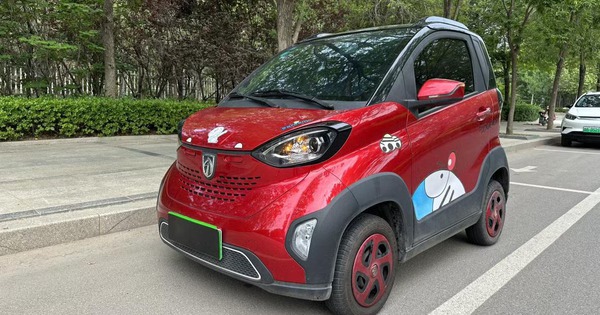

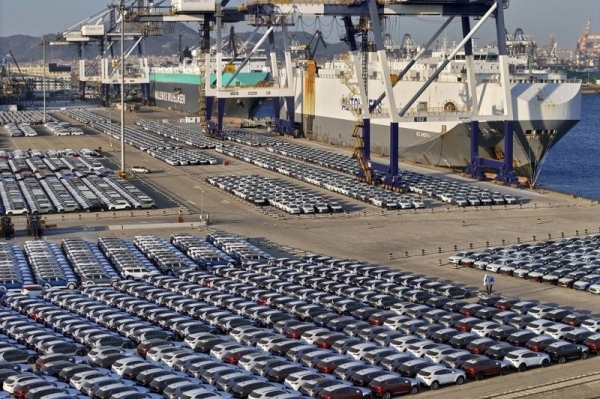

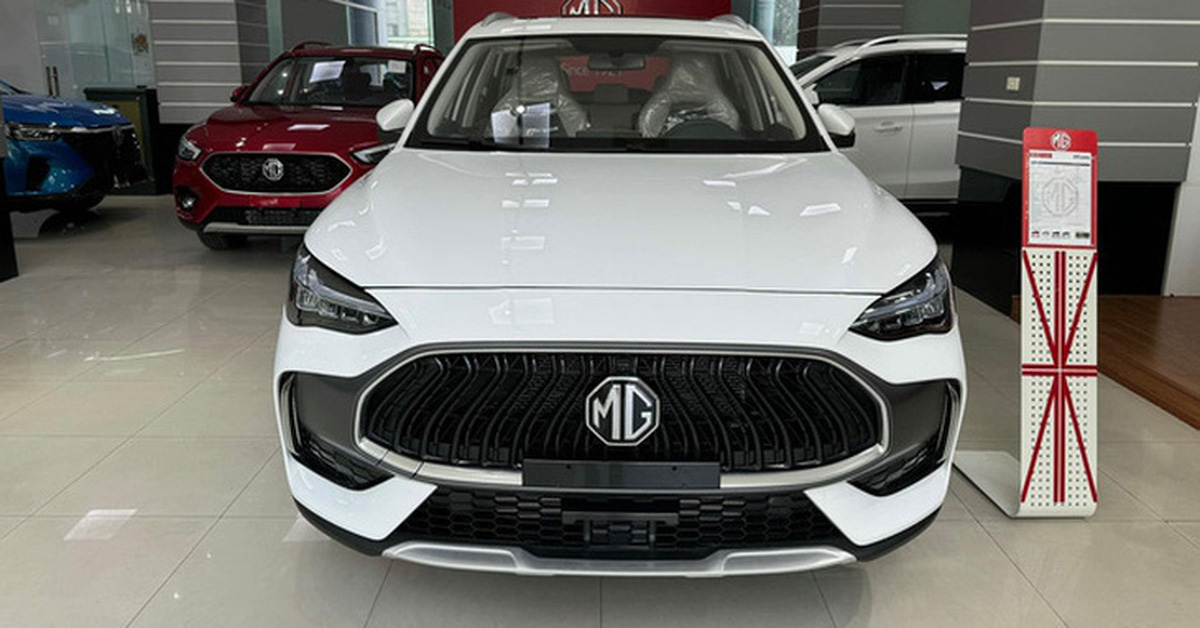

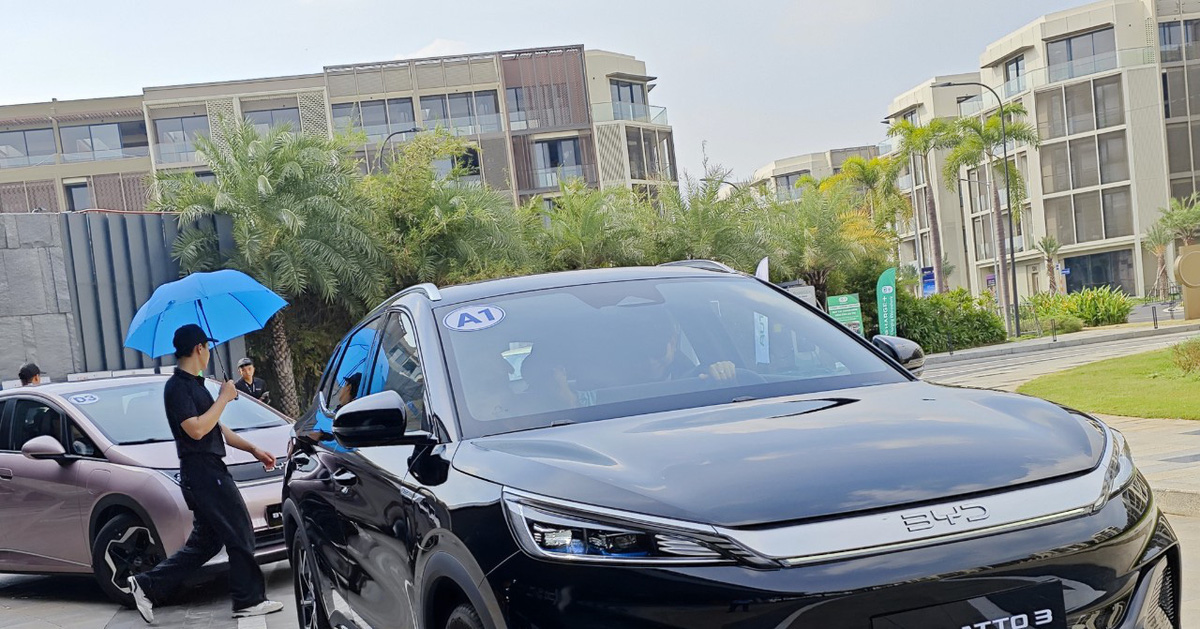
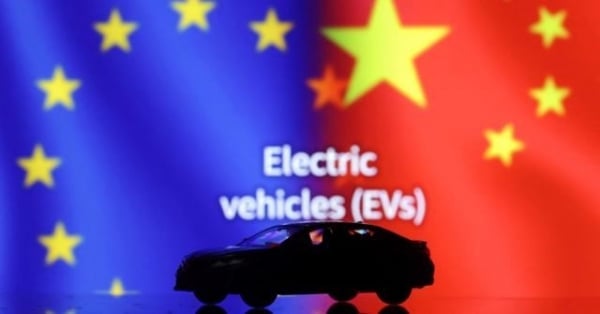
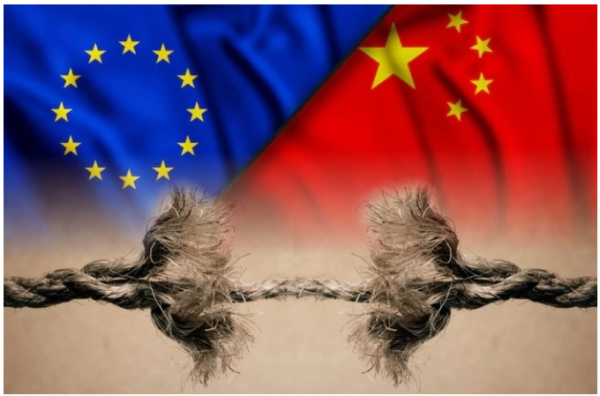














































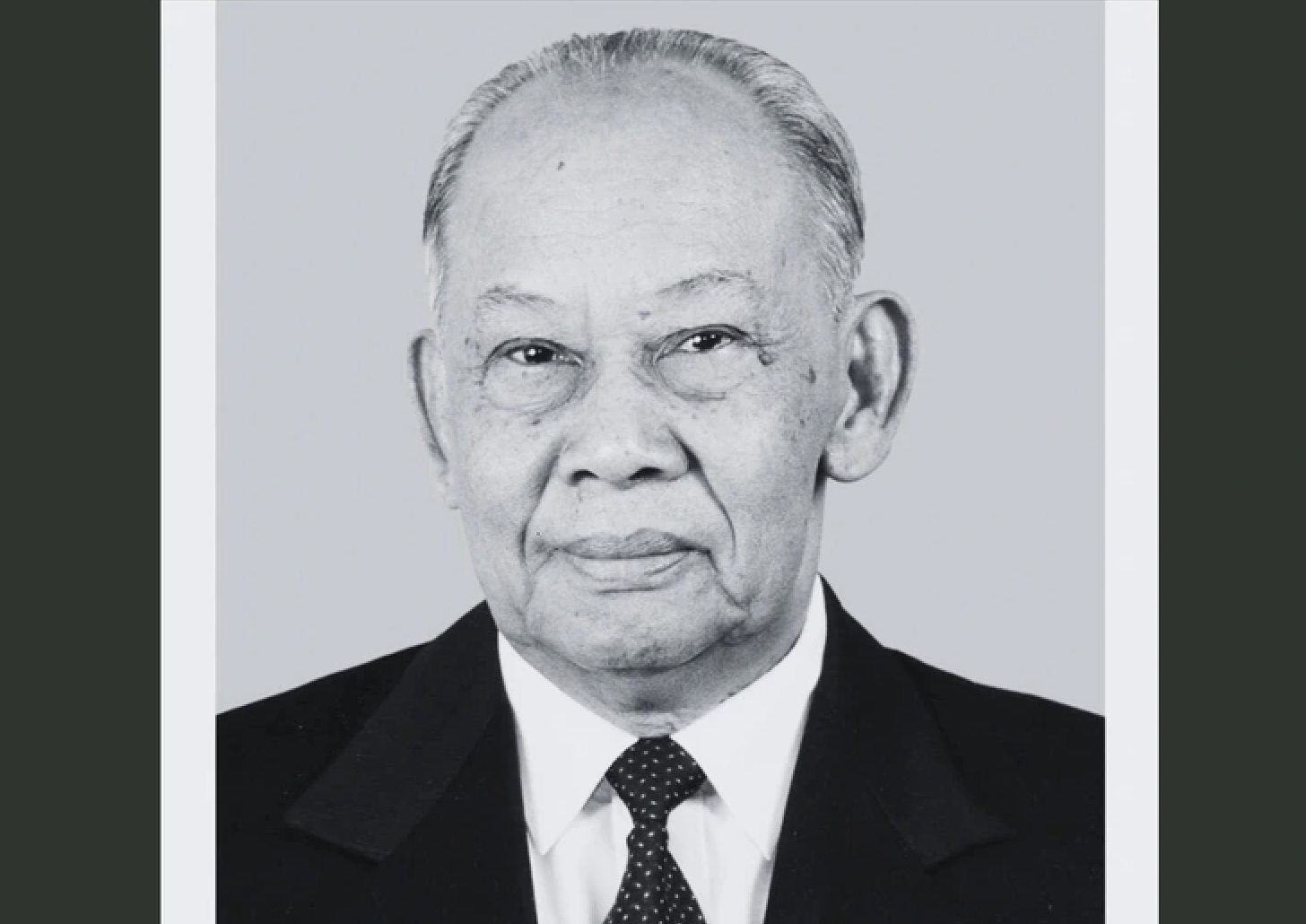







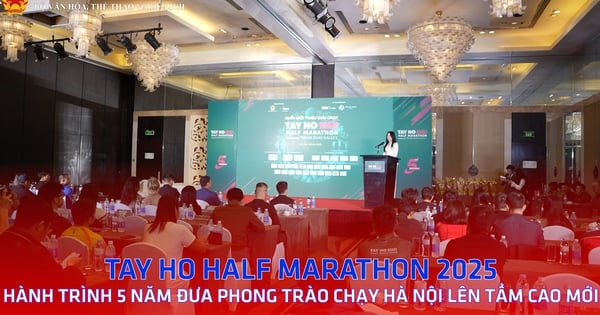



















Comment (0)